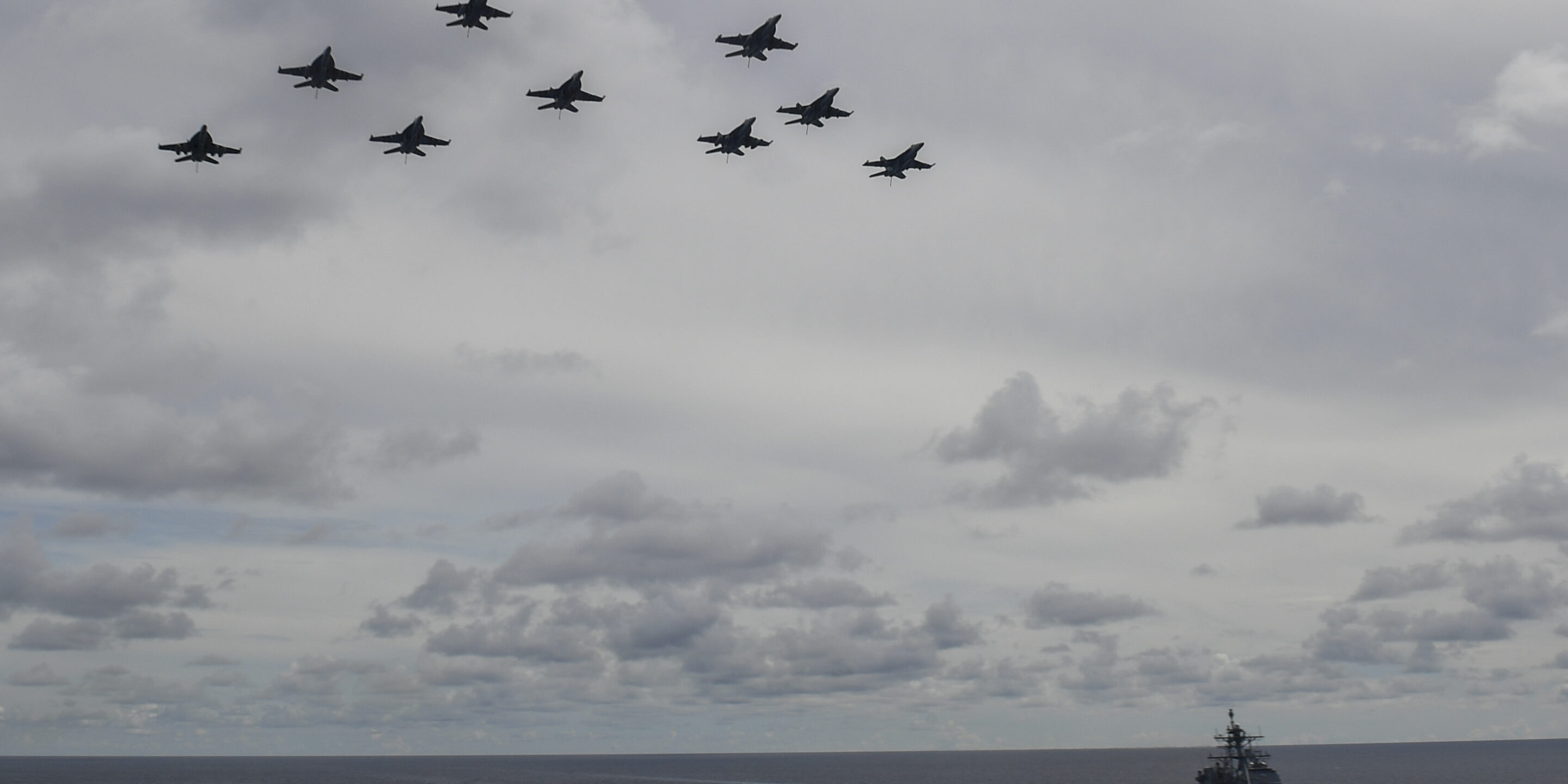June 21, 2024
A ‘Concert’ for a new era: American power and the multipolar challenge

Imagine, if you will, a world in which the rules and institutions of global governance actually reflected the underlying distribution of power on the world stage. In such a world, the major powers wouldn’t be locked in a struggle for outdated ideologies or clinging to an order built for a bygone era. Instead, they would cooperate to manage competition, prevent conflict and address pressing global issues that threaten all nations.
This vision may sound utopian, but history offers compelling examples—most notably the 19th-century Concert of Europe and the post–Cold War liberal international order—where a close alignment between power and governance structures fostered a period of relative stability and progress.
But the current international order demonstrably fails this test. The material base of international politics is undeniably multipolar. Great power competition, multi-alignment and the rise of the Global South are defining features of the 21st century. Yet the institutional superstructure—the UN Security Council and the postwar order’s attendant institutions—remains anchored in the past.
Events on Grand strategy



